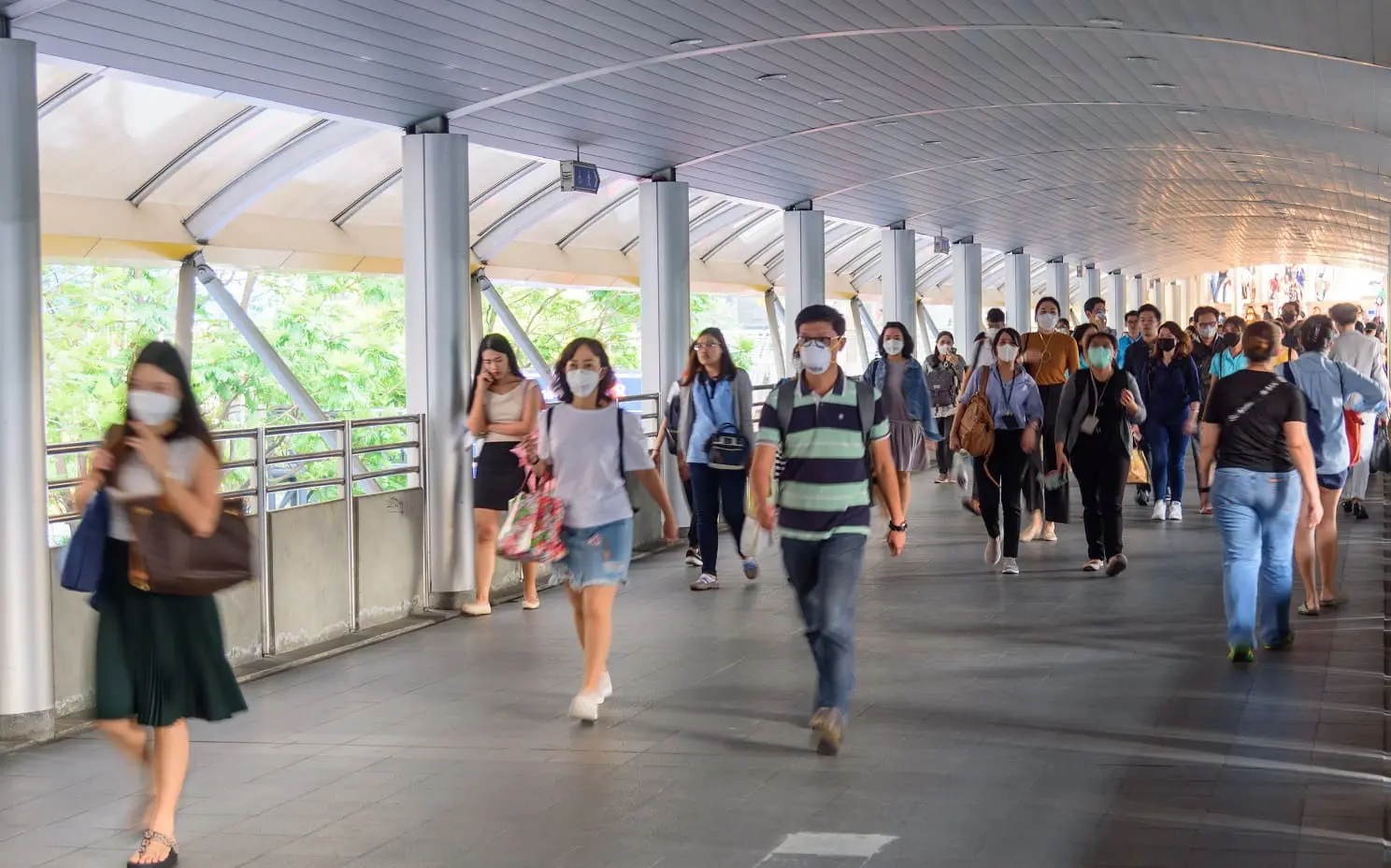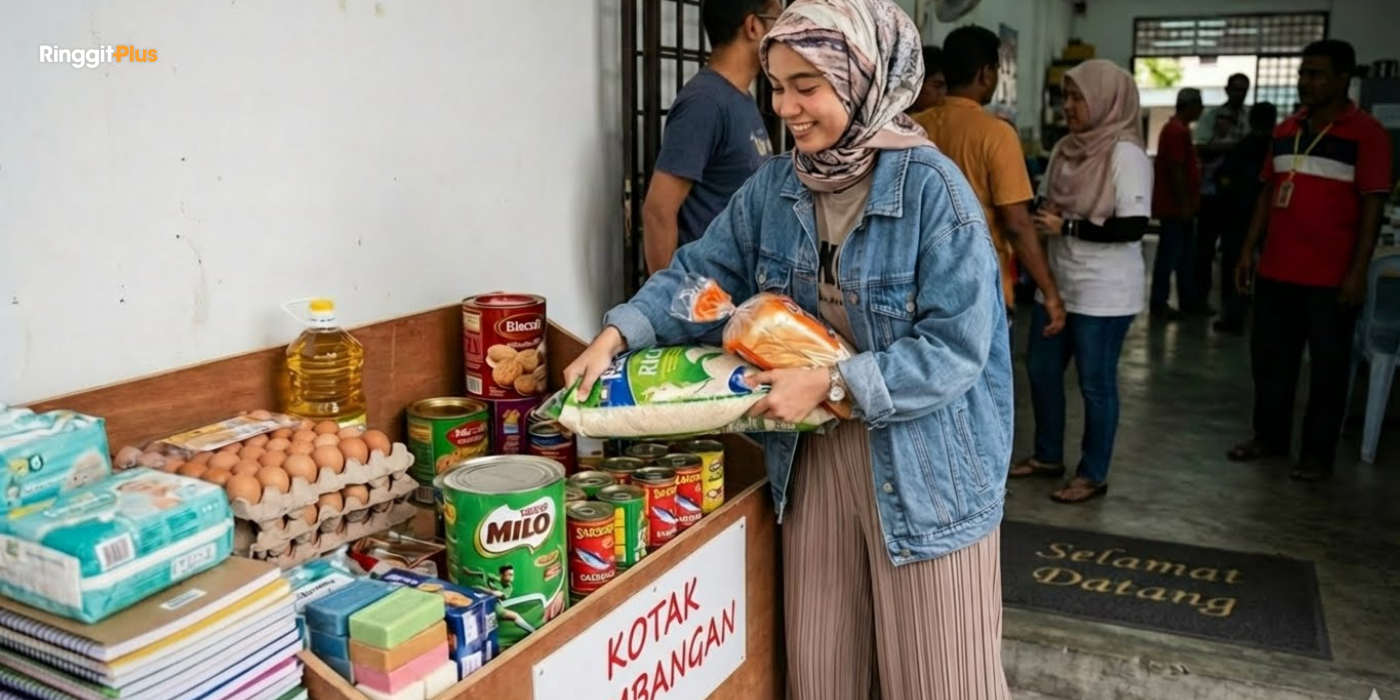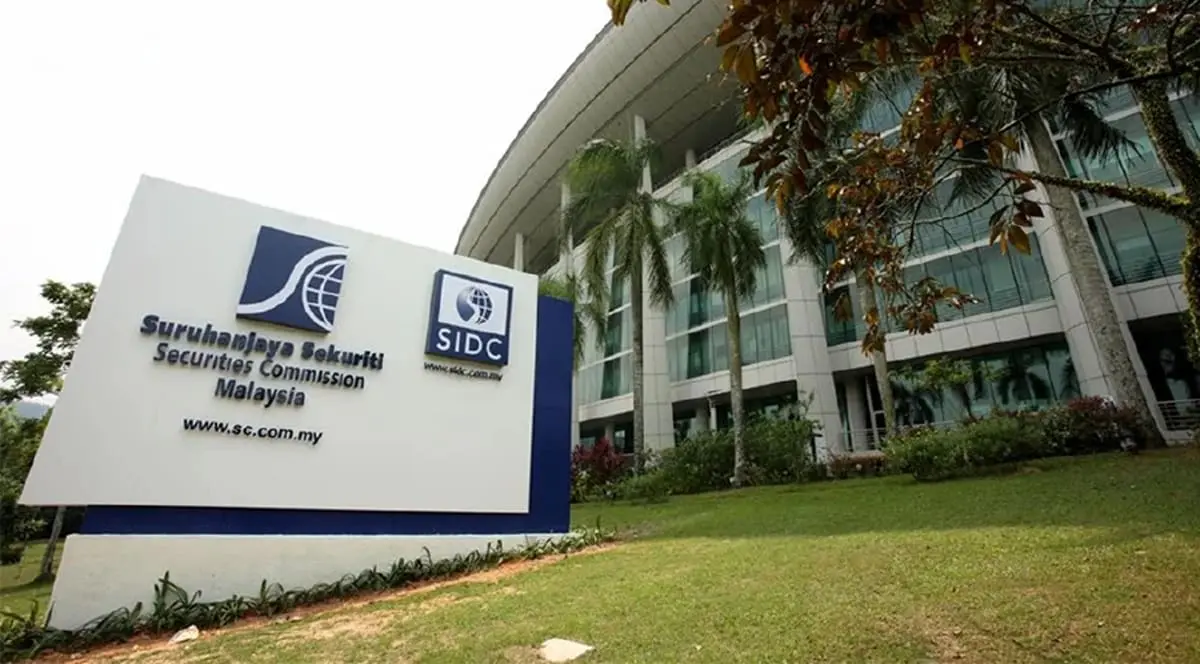Hann Liew
6th May 2020 - 12 min read

To Malaysians and SMEs: Do not wait and see, act early, save your money and eventually Save Malaysia.
I stated in my post last week that we’re living in a time of great uncertainty, and one that is certainly very scary for us all. However once the immediate shock of the health scares of mass infections are either controlled or contended with, attention must turn to the state of our finances, or our money situation – which I’m sure is an equally scary situation.
How bad is it?
In short, bad. The Department of Statistics Malaysia (DOSM) issued a survey in early April and the report showed some worrying results. Our own RinggitPlus COVID-19 Financial Wellbeing Survey echoed the same sentiment – the most worrying statistic being 51% of respondents not being able to survive for more than two months with just their savings alone.
In late April, the Malaysia Institute of Economic Research (MIER) forecasted a 2% drop in our economy (GDP) for every 2 weeks that we are under the Movement Control Order (MCO). So for an 8-week “lockdown” that likely means an 8% drop this year in 2020, let alone any lingering negative impact from a limited reopening of economic sectors.
For context, the Malaysian economy dropped -1.5% in 2009 (Global Financial Crisis) and -7.3% in 1998 (Asian Financial Crisis), so this “Lockdown Recession” has the potential to be a lot worse.
Now, what can you do? As an employee, you may been hit with a salary cut, put on unpaid leave, or worse, retrenched. It’s a demoralising period, but there are some very important things to act on. Here’s what to do.
At the same time, Covid-19 has hit businesses harder than virtually anything we’ve experienced in recent times. As a business owner, there’s a very real possibility of going under if you adopt a “wait and see” attitude. Here’s what to look out for as a business owner.
Employees: Salary been Cut? Been put on unpaid leave? Retrenched? Act Quick
- Bantuan Prihatin Nasional (BPN) – All B40/M40 Malaysians are eligible to get this aid on top of BSH – so you get it if you’re a single earning below RM4,000 monthly or your household earns below RM8,000 monthly, regardless of your current employment status. If you haven’t received it automatically, you might been left out, so don’t forget to register with LHDN.
- Bantuan Sara Hidup (BSH) – From RM300 for singles all the way to RM1,480 for B40 families with 4 children or more. Remember, you also get it alongside the BPN payment.
- Employment Retention Program (ERP) – If you’ve been made to take a salary cut or go on unpaid leave for more than 30 days, your employer can claim an additional RM600 monthly for three months with the Employment Retention Program, and credit the payment directly to you within 7 days.
- Employee Insurance System (EIS) – If you have been retrenched but were actively contributing to the EIS during your employment, you can apply for Job Search Allowance, which pays 80 ->30% of your monthly wages up to RM4,000 over 6 months while you look for a new job.
Regardless of your financial situation, you should take it for your Personal Loans, Car Loans, and Home Loans (or their Islamic financing equivalents). Even if you can afford to repay your monthly installments for the next 6 months and beyond, there are distinct advantages.
With so much uncertainty with the global economy, the extra cash in hand can make a big difference three, four months down the line – you’ll never know what will happen. Plus, with so many high-yield savings account and fixed deposit promotions, you can even earn interest on this deferred instalments (and offset the interest charged on your existing loans). My brilliant editorial team headed by Pang has got it all calculated for you here if you don’t believe me. No opinions, just facts.
For those in generalised or all-companies-need-this-function jobs such as marketing, HR, finance, or sales who have been made redundant, it’s worth considering sectors of the economy which are “benefiting” from either the MCO or post Covid-19 world for the next two years, that is, consumer staples (groceries etc.), pharmaceuticals, agricultural (as we seek to be come more locally sufficient), technology, and digital economy (as we go online) sectors.
For those who have had hours cut, put on unpaid leave, or in industries which face an uncertain future (such as events management, international tourism), a small silver lining is that the last five years have seen an explosion of the freelance/gig economy, including in Malaysia. It is important to remember that this covers more than just the usually quoted e-hailing (Grab, MyCar), logistics (TheLorry, Lalamove, Ninja Van) or food delivery (Grab, Foodpanda) sectors. For those who prefer ‘non-going-outside’ work (i.e. working from their laptop or smartphone), there are many available freelance/gig economy platforms, ranging from the less technical (GoGet, Supahands), to more skilled work (Upwork, Fiverr, Freelancer).
The existence of the gig economy means that for every hour that you are not ‘working as an employee”, you can technically still earn money for your time by putting those hours into an on-demand platform.
If you’re renting, keep in mind that your landlord may be an individual or a company which is (or should be) eligible for the same 6-month bank loan moratorium as everyone else, meaning they should be in a (financial) position to accept similar level of deferments on your own rental payments to them.
If you have schoolgoing children, my best guess is schools are unlikely to open till after the mid-year of 2020. Perhaps a sensible reduction (to reflect the lowered costs of running a school/centre with no students in attendance) of fees are in order.
The list can go on and on, but as long as we keep in mind what the situation of the other party with whom you’re negotiating with, and the specific circumstances, there may be some sort of new arrangement that can be agreed.
Most of our regular readers will know that I usually go last to this, as I feel that Malaysians should save as much money as possible without changing how we live our lives (i.e., the “easy savings” before the more difficult ones). Having said that, in this case, our post Covid-19 lives have changed regardless of whether we wanted it to or not.
Households with a 10% of income “travel budget” or a RM200 per weekend “going/dining out” budget will now see that automatically “saved” for them. Groceries and electricity bills may need a rebudgeting in a “stay at home most of the time” world. You may already notice that you’re spending more in certain categories, and considerably less in others. Use this time to balance your books – especially if you are also going through reduced salaries.
If you have done steps 1-5 but still need some extra cash for 3-6 months, it’s time to take advantage of financial instruments at your disposal.Don’t just rack up 18% p.a. debt on your credit card by only paying the minimum due. If you must borrow, do it as cheaply and as flexibly as possible. Cheaply meaning lower interest rates, and flexibly meaning short tenures and no repayment fees.
Here’s what I recommend:
(a) If you’re making a large purchase upfront either because of an emergency or needing to invest in something (like a car or a business purchase) to make an income, why not make it using 0% easy payment plans (EPP) where available? These are usually really 0% p.a. (with no added nor hidden fees), and they do exist (either as seasonal promotions or sometimes bundled as part of a card’s feature).
(b) Spend to your budget and use a balance transfer for 6-12 months to buy some time for repayment. All banks in Malaysia offer balance transfers with fees under effectively 3% p.a., making it one of the cheapest forms of short term borrowing. Like (a) above, you can also find 0% BTs occasionally offered by banks. Be sure to ask, as they sometimes are not advertised.
(c) Only after you’ve exhausted the relatively low-cost options of (a) and (b) should you then consider Personal Loans/Financing (at 5-10% p.a. flat or 9-18% p.a. effective). Not much to add here, except go for the lowest effective rates, but keep in mind not all banks can process you online (and you may not want to walk into a bank branch for the next few months).
Self-Employed / Business: Lost Revenue? – Act Quick Also
Most estimates are that 80-90% of businesses are negatively affected by the combination of the Movement Control Order (MCO) and Covid-19, losing considerable revenue and profitability. If you’re a self-employed worker who has lost their source of revenue, or a business owner which has seen tremendous impact from either the MCO or the spread of Covid-19 or both, you need to quickly do the following:
Early numbers out of Wuhan, China tells us that life won’t quite be the same after a lengthy lockdown and especially with the virus still a looming threat to the public. If your business depends on people/crowds walking in, or meeting each other face to face, or travelling around, I would plan for a situation with reduced business volumes for the next 12 months. How much reduced depends on your business, but I would say, halfway between a lockdown and “previous normal” for at least 1-2 months, with no getting back to “normal’ for another 2-3 quarters after that.
Be sure to know between your ERP (Employee Retention Programme), your WSP (Wage Subsidy Programme) and your SRF (Special Relief Facility). If you don’t, we’ve covered them here and here. Don’t forget that the 6-month bank loan moratorium may also apply for term loans and hire purchases with banks, which might help the situation in the short term for you.
Similar to the consumer side, now is the time to go through your line items one by one, and see which can be negotiated. If you’re renting, keep in mind that your landlord may be an individual or a company which is (or should be) eligible for the same 6-month bank loan moratorium as everyone else, meaning they should be in a (financial) position to accept similar level of deferments on your own rental payments to them.
“Wait and see” is not a viable strategy here – don’t assume your business will get back to normal (again, learning from the likes of Wuhan and New Zealand, things have yet to get back to normal after the reopening of their lockdowns).
What does pivot mean? Find a way to deliver your product or service to a customer without them having to walk in or experience face to face. Embrace the digital economy sooner rather than later. If you can’t, find a way to increase confidence in the safety of the physical interaction, whether it’s regular disinfection, mask-wearing, or contactless interactions.
If you must make cuts to expenses including wages, do it quickly, do it as deep as you can take, and try to only do it once. There’s nothing more demoralising to employees than to be dreading if there will be yet another round of cuts.
Save Yourself First Before Saving The Economy

One thing that not many people know is that consumer spending (that’s all of us) makes up ~60% of the Malaysian economy, so yes, more than petroleum/oil & gas, more than Government Spending, and more than private (i.e. business) investments. It also means our economy suffers greatly when consumers don’t spend – it’s why you may hear suggestions that Malaysians should spend more “to save the economy”.
If we all cut back on spending (which had been the case for almost two months of MCO), does that mean our economy suffers? Yes it does – Prime Minister Tan Sri Muhyiddin Yassin revealed that the Government loses RM2.4 billion in revenue for each day of the MCO. Shouldn’t we then spend to save the economy?
We should, but you can’t save the economy if you yourself are not “saved” first. Think of it like the oxygen mask in an airplane. In an emergency, you should put one on for yourself first before helping others in your care (in this case, the economy).
About THE AUTHOR
Hann Liew








Related articles

HLB Taps AI For SME Loans In Partnership With DCAP Digital




Comments (2)
Question –
EIS pays on a scale basis for 6 months. Does it mean that every month must demonstrate job search effort? I think this is easy. What will be difficult is getting interviews. Please advise if there is any other better way.
Hi there, sorry, just clarifying, better way than trying to apply for jobs via the usual job search portals? Or better way than applying for the Job Search Allowance?
Either way, if you’re applying for the JSA I would suggest including the official Vacancies portal of Perkeso – can’t hurt to expand the options, as limited as they may appear…